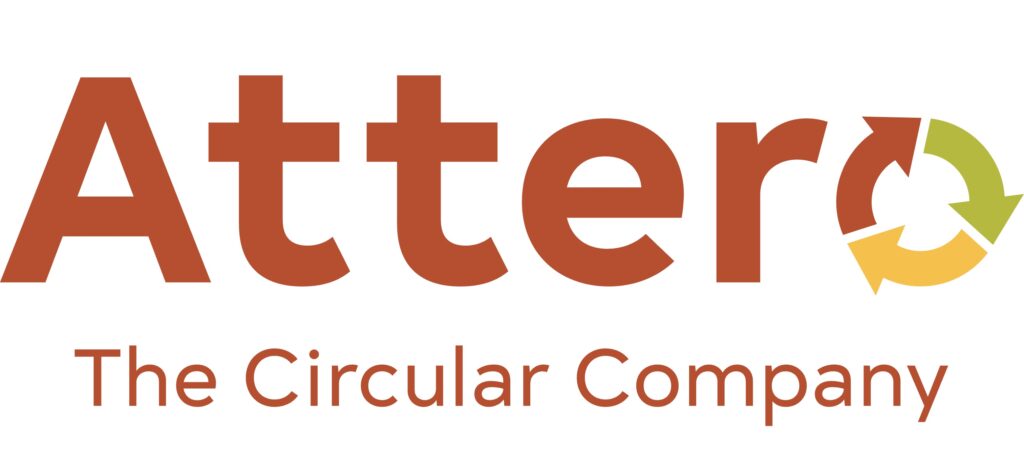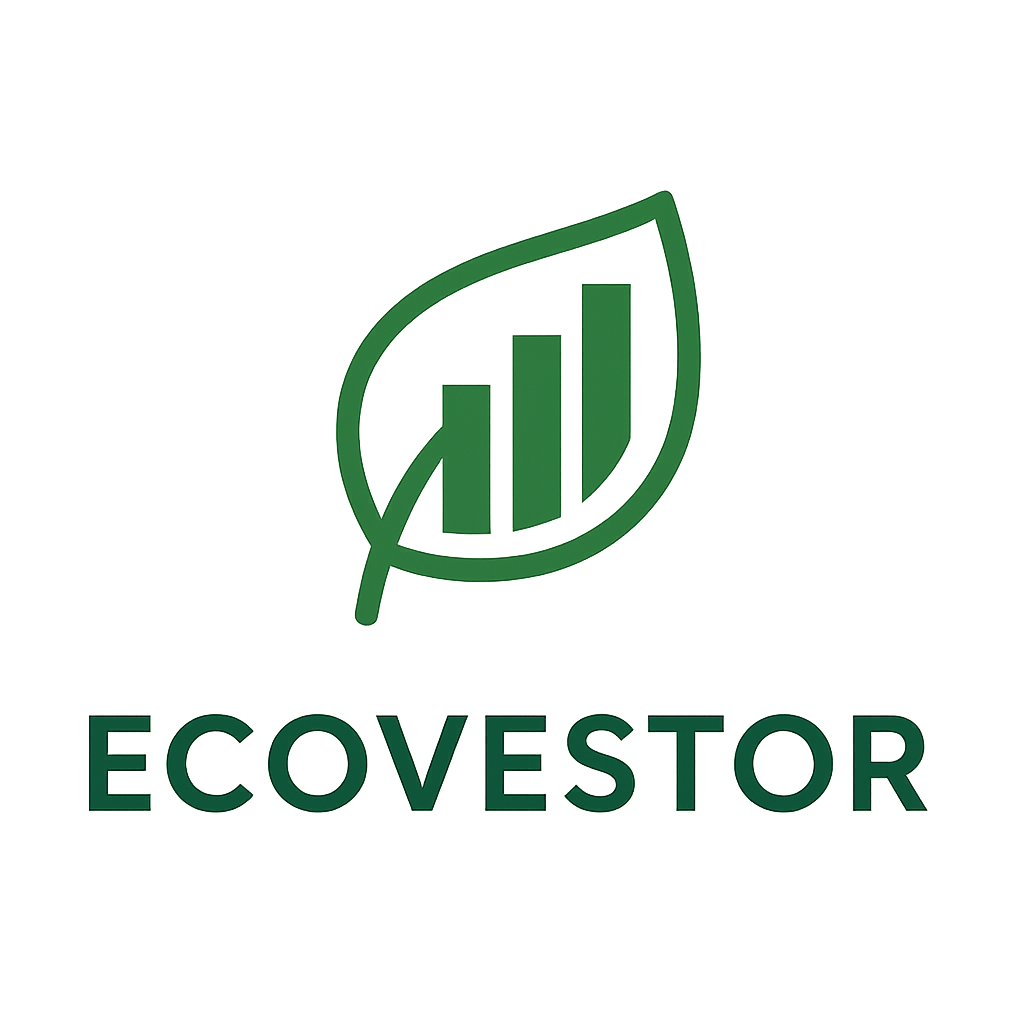
Highlights
- Achieved substantial growth since initial investment, with EBITDA nearly doubling since 2018
- Commissioned a new 120 MW turbine, capable of producing in one hour the electricity a household consumes over 25 years
- Established a state-of-the-art plastics recycling plant with an annual capacity of 25,000 tonnes of used plastics
- Renovated composting sites to generate approximately 20 million m³ of biogas and biomethane annually
- Installed and financed solar farms on closed landfill sites, supporting renewable energy production
- Diversified sources of waste imports to strengthen supply security and operational resilience
- Successfully refinanced debt into long-term, investment-grade, portable instruments ahead of rising interest rates
Company History
Attero was reformed in 2009 after the waste division Essent Milieu was split off from Dutch utility Essent. When the division was not acquired, the original shareholders — six provinces and more than one hundred municipalities — remained owners.
In 2013, Attero was sold to Waterland Private Equity Investments for €170 million. Waste processing was no longer considered a strategic activity for local governments, and the proceeds from the sale were distributed among the former Essent shareholders, with the province of Brabant receiving the largest share. That year Attero reported a €67 million loss due to significant restructuring and asset write-downs. Nevertheless, by 2014 Waterland received €183 million in dividends from the company.
The sale was later criticized by the Zuidelijke Rekenkamer in 2017 as being rushed, though not unlawful. Meanwhile, international interest in Attero grew: in 2016 a group of Chinese investors reportedly valued the company at around €1 billion. In 2018, Waterland sold Attero to a consortium of English investor 3i Infrastructure and German asset manager DWS for more than €750 million. Later, part of 3i Infrastructure’s stake was transferred to 3i Investments.
Most recently, in 2023, 3i Infrastructure sold a 25% interest in Attero to French investor Ardian for about €215 million. Ardian announced plans to accelerate investments in biogas from organic waste, solar development on closed landfills, and carbon storage facilities.
Activities
Attero is one of the largest waste-processing companies in the Netherlands. Each year it processes over 3.5 million tons of waste, with about 60% incinerated for energy recovery. The company operates major waste-to-energy plants in Wijster and Moerdijk, alongside composting and digestion facilities, waste sorting plants, and a large number of closed landfills.
Its activities include:
- Generating green gas, renewable electricity, and sustainable heat from residual waste
- Composting organic waste streams such as household gft (vegetable, fruit, and garden waste)
- Producing secondary building materials from waste streams
- Providing collection and recycling services to municipalities
Attero has also expanded internationally. Since 2016, its Wijster facility has processed up to 30,000 tons of waste annually from Norfolk County in the UK under a multi-year contract, a result of landfill taxes making Dutch processing more attractive than local disposal.
Core Activities
- Waste Processing
Attero processes and sorts a wide spectrum of waste streams, including residual household waste, packaging waste, organic waste, and mineral waste such as contaminated soil and rubble. - Organic Waste to Compost and Energy
As the market leader in the Netherlands, Attero converts nearly half of the country’s organic (GFT) waste into over 300,000 tonnes of compost annually. In parallel, biogas and green gas are produced through anaerobic digestion, contributing to renewable energy supply. - Recovery of Raw Materials
Through advanced sorting technologies, Attero recovers valuable raw materials such as plastics, beverage cartons, and metals, returning them into the circular economy. - Mineral Waste Recycling
Contaminated soil, rubble, and other mineral waste streams are cleaned and transformed into secondary raw materials, which are reused in road construction and infrastructure projects. - Energy Generation
Attero’s energy-from-waste facilities generate renewable electricity, green gas, and sustainable heat, supplying households, industrial partners, and district heating networks.
Financial Performance
Attero processes over 3 million tonnes of waste annually, generating revenues from waste treatment fees, the sale of renewable energy (electricity, heat, green gas), and recycled materials (plastics, compost, aggregates). Their energy-from-waste plants supply power to hundreds of thousands of households and industrial customers. While detailed financials are private (as Attero is not publicly listed), the scale of operations and investments in advanced recycling plants and carbon capture suggest strong, recurring cash flows with growth potential in sustainability-driven markets.
Market and Industry
The Dutch and wider European waste management industry is transitioning from landfill and incineration to circular economy models. Regulations on packaging, plastics, and CO₂ emissions are driving demand for recycling and renewable energy solutions. Attero benefits from being one of the Netherlands’ market leaders with large-scale infrastructure, but competition from other players and municipal-owned facilities remains relevant. Importing residual waste from abroad also positions Attero as a regional player in the European waste-to-energy market.
ESG and Sustainability
Attero’s business is inherently tied to ESG goals. The company reduces landfill use, produces renewable energy, and recycles materials back into the economy. In 2022, they avoided more CO₂ emissions than they produced, mainly through renewable energy and recycled outputs. They are investing in carbon capture and storage (CCS) to further reduce their footprint. Their Polymer Recycling Plant and expansion of post-collection sorting capacity strengthen their role in meeting EU plastic recycling targets.
Opportunities
- Expansion of recycling capacity, especially plastics and packaging
- Growth in demand for green gas and renewable energy in the energy transition
- Monetization of carbon reduction through CCS and CO₂ credits
- Strategic partnerships with municipalities and industrial clients for heat, energy, and raw materials
- Increasing international waste imports as landfill bans expand in Europe
Risks
- Policy and regulatory shifts that may restrict waste imports or tighten emission standards
- Commodity price fluctuations (plastics, compost, energy) affecting revenues from recyclates
- High capital intensity of new recycling plants and CCS investments
- Technological disruption if new recycling methods leapfrog existing infrastructure
- Public scrutiny of waste-to-energy incineration as not fully circular
Outlook
Attero is well-positioned to grow as Europe accelerates towards a circular economy and low-carbon future. Their integrated model—combining waste treatment, recycling, and renewable energy—provides resilience and diverse revenue streams. Continued investment in CCS, plastic recycling, and green gas will likely strengthen their sustainability profile. However, regulatory pressures and the need for constant innovation mean agility will remain critical.
